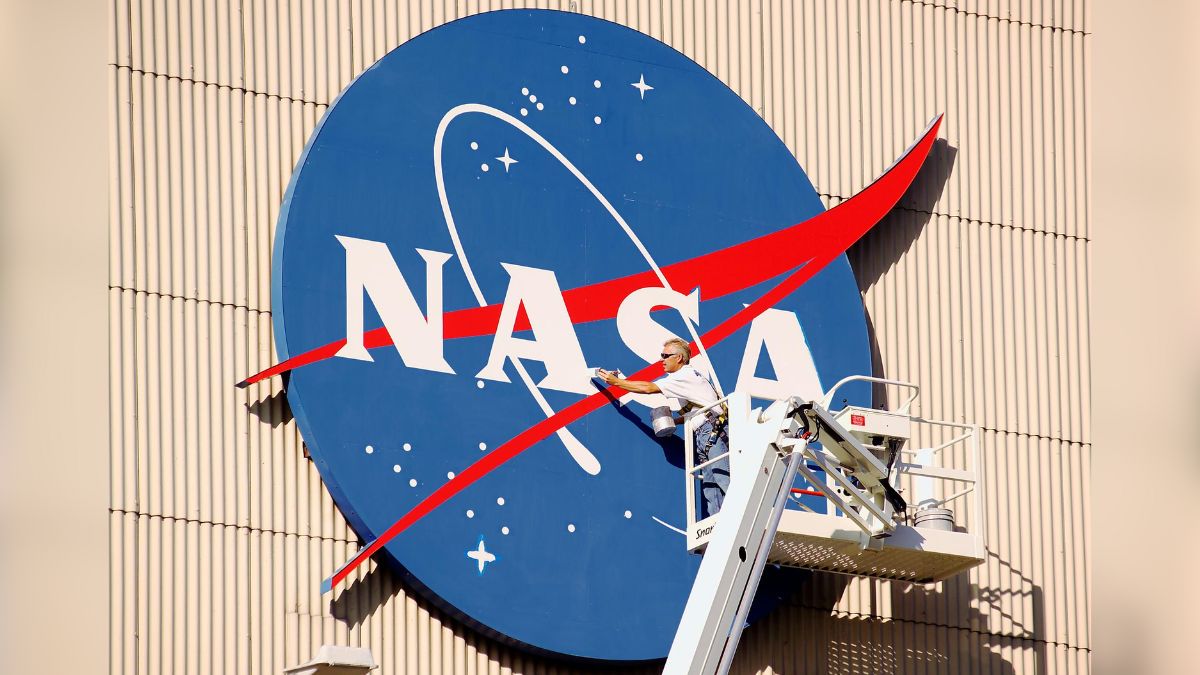Internal budget documents have revealed that the Trump administration will cut funding to key US research centres, including the National Oceanic and Atmospheric Agency (Noaa) and the National Aeronautics and Space Administration (Nasa).
According to the documents, the budget cuts will target research and programs related to the impacts of climate change. If Congress approves the plan, Oceanic and Atmospheric Research (OAR) funding would be slashed from $485 million to $171 million, effectively gutting a vital component of the agency’s mission.
Noaa, a division of the Department of Commerce, is a scientific agency that oversees weather and climate forecasts, monitors ocean and atmospheric conditions and manages the nation’s commercial fisheries.
Slashing funds for the agencies has raised concerns about the US’s commitment to addressing climate change and could impede critical research and international climate efforts.
What are the proposals?
The documents reveal that Noaa would be closed under the proposal, along with $480 million in funding for regional climate data and information, agency research laboratories, and cooperative institutes, among other programs.
A possible closure of the agency would transfer all of its responsibilities to the National Marine Fisheries Service (Nmfs) to protect endangered species, and all the marine animals under Noaa’s protection will be handed over to the US Fish and Wildlife Service.
“NMFS should prioritize permitting and consultation activities in order to support Administration priorities and unleash American energy,” the document said.
The proposal would preserve $170 million in (OAR) funding for some programs related to severe storms, weather and ocean exploration, according to the document.
‘Disturbing’
Former Noaa administrator Rick Spinrad said, “It’s a really disturbing and concerning development – but I would say it is not all that surprising. But it also has an element of randomness associated with it. There are specific programs called out, the reasons for which are absolutely not clear.”
Meanwhile, Casey Dreier, chief of space policy for the Planetary Society, told the Washington Post, “This is an extinction-level event for Nasa science. It needlessly terminates functional, productive science missions and cancels new missions currently being built, wasting billions of taxpayer dollars in the process. This is neither efficient nor smart budgeting.”
With inputs from agencies


)

)
)
)
)
)
)
)
)



